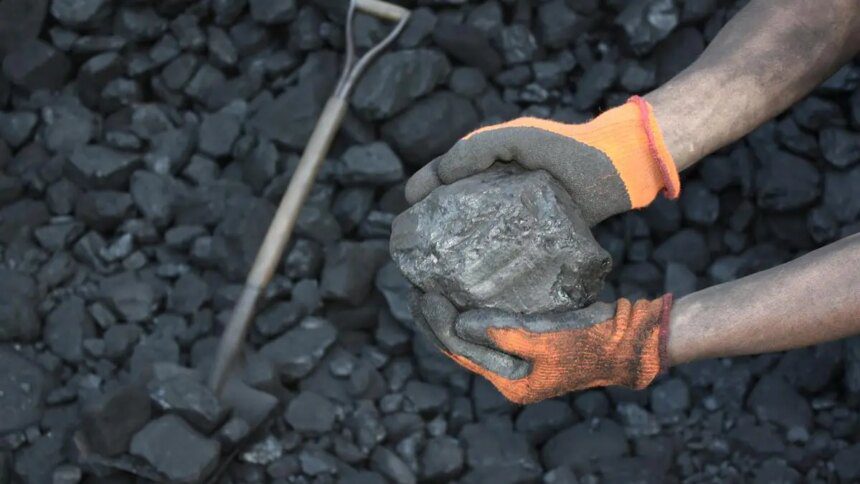The government has proposed that the Coal Controller Organisation (CCO) oversee the regulation and registration of coal exchanges, alongside conducting market oversight and surveillance of their activities. This initiative is part of the Coal Ministry’s draft Coal Exchange Rules, 2025, for which stakeholder comments are requested by October 16, 2025.
The draft rules stipulate that coal exchanges will serve as platforms for buyers and sellers to transact, trade, and enter contracts online for coal, lignite, or their processed forms. Additionally, the CCO will assume the authority to “register and regulate” these transactions.
The CCO is tasked with preparing detailed regulations to ensure market oversight and surveillance of the coal exchanges, focusing on compliance with applicable laws, and safeguarding market integrity by preventing cartel behavior, insider trading, circular trading, market manipulation, and related matters.
Only exchanges registered according to the rules established by the CCO can operate, the draft specifies. Furthermore, the CCO will create norms for the maintenance and preservation of accurate records of transactions and other pertinent information related to coal exchanges. They may also require coal exchanges to maintain additional information, such as audit trails and system logs, to ensure regulatory compliance.
Regulatory responsibilities include establishing guidelines for a Dispute Resolution and Grievance Redressal system pertaining to coal exchange activities and other market participants. The Ministry has suggested that fees and charges levied by the CCO will match its operational needs. For fiscal year 2028, the CCO’s funding requirements to fulfill its objectives may be sourced from its budget presented to the Coal Ministry. For following years, these financial needs will be met through collected fees, with separate accounts maintained for income and expenses related to the regulations issued.
The establishment of a competitive market, moving away from the state-controlled mining entities, is seen as critical for creating a transparent and real-time coal trading platform. The government aims to reform the long-standing production and supply framework, enhancing access to commercial mines through coal exchanges that aim to supply coal on demand to industries, especially Micro, Small, and Medium Enterprises (MSMEs).
The proposed exchanges intend to shift India’s coal sales model from a “one-to-many” to a “many-to-many” framework. The Ministry has indicated that the growing availability of domestic coal is expected to lead to a surplus scenario and a significant transformation of the current coal sales approach, thereby necessitating extensive market reform supported by a regulatory mechanism. These developments aim to promote competitive markets for coal sales, emphasizing the importance of establishing coal exchanges.
Published on September 17, 2025.










